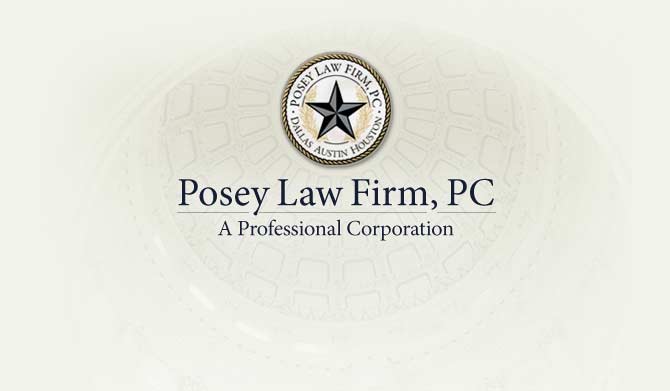The United States Supreme Court will decide whether American courts can issue warrants for data stored on servers overseas. In U.S. v. Microsoft, the appellate court sided with Microsoft and quashed a warrant for email stored on the company's Irish servers. The Supreme Court is about to decide if the government can compel production of data from anywhere in the world or if that power is limited to the United States' borders.
While currently an issue of criminal law, this case will have a far-reaching impact on data privacy for individuals and businesses. Email is ubiquitous; it is how companies do business. Inter-company communications, communications with vendors, suppliers, and collaborators are all performed via email. The government's ability to access email and other information stored on foreign servers will greatly change the scope of American law.
Also pending in front of the Supreme Court this term is Carpenter v. U.S., another data privacy case. This one deals with the Fourth Amendment's protections against search and seizure, as they apply to cell phone location, known as "cell-site-location information" or "CSLI." The FBI, in this case, retrieved the information from the wireless carrier, under the "third-party doctrine," which allows warrantless retrieval of information from third-parties. At issue before the Supreme Court is this "third-party doctrine." Increasingly more personal, confidential, and sensitive information is stored today by third parties, whether cell-phone providers, internet service providers, social media companies, and other service providers. The Supreme Court's decision will have long-lasting implications regarding Constitutional protections against search and seizure of personal and private data stored by third parties.
The Posey Law Firm in Austin follows developments in the legislation, as well as political and legal challenges, on behalf of its client base.
For information regarding these cases or data privacy, contact us today.


